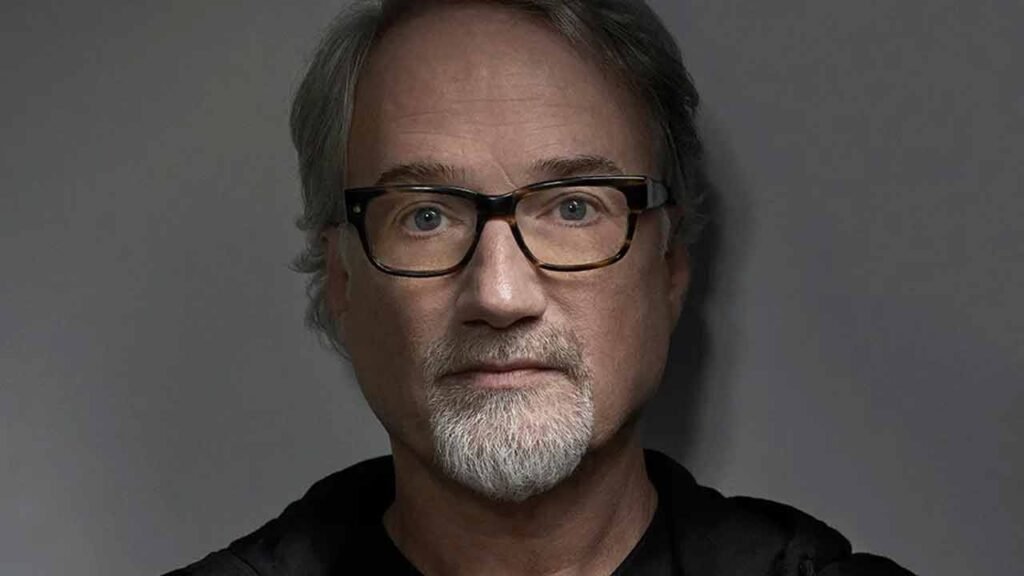Why Does David Fincher Love Netflix’s Quality Control So Much?
Last week, David Fincher’s new film, The Killer, was released on Netflix. It seemed to quickly make it into the top 10, and the famously idiosyncratic author seemed to enjoy his time with the streaming giant. Netflix has been polarizing thus far. When it debuted and began buying movies, it felt like a haven for directors to realize their vision. While Netflix has pushed for Oscar wins, it has also focused on more commercial blockbusters, but has limited theatrical releases for those titles.

But Netflix has historically always been careful to give directors the freedom to make the movies they want to watch. This means less development and more freedom, as long as they stay within budget. It feels a bit like the Medici of old. Fincher has worked with them for a while, both in film and TV. He recently spoke to Le Monde about his relationship with Netflix, having collaborated on “Mank,” “House of Cards,” “The Killer,” and more. Fincher explained in an interview: “I’ve worked with almost every major movie studio, and when you tell them, ‘These special effects have to be done in 4K,’ their first reaction is, ‘Oh, why are they so expensive?’ They shy away from the bare minimum of cost.
This financial commitment is significant. “Netflix has never had a problem with decisions like this,” Fincher said. “They’ve established an industry standard that makes sense for filmmakers. Netflix has the best ‘quality control’ ever. Fincher has worked with Netflix for over a decade and has had great success with the streaming service. “I think Fincher understands that this is probably the only place where you can give people in his position a blank check to make the movies they want,” Fincher told Le Monde. “By limiting the home distribution system, it’s allowed cinema to develop as a culture.” To do this, they must be placed in the area of the stump’s edge, and with some exceptions, this still applies.
It saves all the costs of humid, smelly, greasy places. I loved certain theaters like Grauman’s Chinese Theatre and the Cinerama Dome in Los Angeles, but the technical conditions there were deplorable. We need to forget all this nostalgia and finally ask ourselves the right question: “Who is delivering the best performances today?” For Fincher, the optimal delivery system seems to be Netflix at home. Nevertheless, I go to the cinema for the shared experience. You can’t experience that at home. But I noticed last year that there were movies playing that were over the screen or had problems with projection. It was in Los Angeles. That’s why I pick certain theaters that I know are great, but the average viewer doesn’t notice or care. The whole situation makes her feel like she’s stuck in two different places: Netflix could be a great place to work and she wants to work there, but she also doesn’t want to miss out on the cinema and community experience. So how does quality control for movies come about? Part of it has to do with training, cinema improvements and the extra costs that come with that only drive up ticket prices.

